School of Administration & Management
Understanding Credit Agreements
Qualification / Course Information
Minimum Duration:
Self-study within 2 weeks. Minimum focused learning time required: approximately 24 hours.
Minimum Credits:
Certificate of Completion
NQF Level:
Successful completion of this short course can be included to your portfolio of evidence for RPL consideration
MODE:
Unassisted Online Learning
CAMPUS:
Online
Stadio Online Course_Understanding Credit Agreements.pdf
LANGUAGE:
English
COURSE OVERVIEW
Most people need to obtain credit to get the goods they want, and to pay these items off in instalments. To ensure that credit providers do not take advantage of consumers, consumer rights in South Africa are protected under the National Credit Act (No. 34 of 2005) (NCA). Discover how this legislation seeks to regulate the credit industry and promote responsible lending practices by credit providers, as well as responsible behaviour by consumers.
Uncover the impact of debt review on a credit agreement with specific focus on the re-arrangement of consumer’s credit obligations as well as discussing the different institutions created under the NCA. This Online Short Learning Programme is ideal for any individual that works in the credit and financial services industry that needs to understand credit agreements business managers, leaders, entrepreneurs, entry-level finance or accounting professionals, prospective project administrators and project managers looking for an introductory overview to budgeting.
SYSTEM REQUIREMENTS:
-
Chrome browser
-
A desktop / laptop computer (this product is not mobile-friendly)
-
A reliable internet connection with continuous access and a minimum speed of 4MB (this product is not available offline)
Entry Requirements
There are no entry requirements for this Online SLP.
However, it is recommended that the applicant has achieved English language competence at a level that is equivalent to Grade 12.
COURSE CURRICULUM
At the end of this Short Learning Programme, you should be able to:
-
Explain the meaning of: consumer; credit provider; credit agreement; credit transaction; credit guarantee; and credit bureau
-
Briefly differentiate between the various types of credit transactions
-
Explain when juristic persons are protected by the provisions of the National Credit Act 345 of 2005 (NCA)
-
List the credit agreements that are not regulated by the NCA
-
Differentiate between small, intermediate and large credit agreements
-
Identify unlawful credit agreements and unlawful provisions in credit agreements
-
Name the rights of the credit provider
-
Briefly discuss the credit provider’s duties
-
Discuss ‘reckless credit’ and the effects thereof
-
Discuss the consumer’s rights
-
Comprehensively discuss the consumer’s right to apply for debt review and the re arrangement of the consumer’s
-
obligations
-
Discuss the right to cooling off
-
Explain the consumer’s right to early settlement and surrender of goods
-
Briefly explain the consumer’s duties
-
Name the various consumer credit institutions created by the NCA
-
Briefly explain the roles and functions of the various credit institutions
-
Explain which items are recoverable by a credit provider
-
Briefly discuss the settlement of consumer credit disputes as provided for in the NCA
-
Discuss how a credit provider may enforce its rights against the consumer in the event of breach of contract
-
Apply all the salient principles referred to above to a set of facts, and advise appropriately
